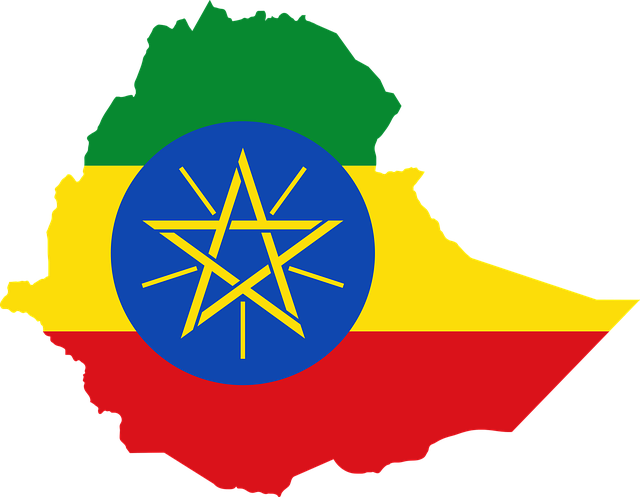The entire world is in the year 2020, right? Well, not quite. In Ethiopia, time is different from the rest of the world.
This guide examines why the Ethiopian calendar is behind by seven years, and when Ethiopians celebrate the major holidays.
Why is the Ethiopian Calendar Behind by Seven Years?
Pope Gregory XIII introduced the Gregorian calendar in 1582, naming it after himself. At first, the Catholic countries of Europe and their possessions abroad were the only people to adopt it. However, many protestant and Eastern Orthodox countries eventually adopted the calendar, even after protesting against it for years. For instance, Greece adopted the Gregorian calendar in 1923.
Today, most countries in the world use the Gregorian calendar, which made some revisions to the Julian calendar. However, Ethiopia did not adopt this calendar with the rest of the world. The reason for this could be the fact that foreigners did not colonise the East African nation.
That said, the two calendars calculate the birth year of Jesus Christ differently. That makes the Ethiopian calendar seven to eight years behind the Gregorian calendar.
What Year Was Jesus Born?

According to an article on Explore God, Christian scholars in the sixth-century AD proposed numbering years from the year Jesus was born. By the eighth century AD, this was a widely accepted practice.
Most scholars today believe that Jesus was born between 6 BC and 4 BC. However, according to the calculations of a sixth-century monk, Dionysius Exiguus, Jesus was born in the year AD 1. The Gregorian calendar follows this calculation.
Dionysius is the inventor of AD (Anno Domini), the term used to label years in the Julian and Gregorian calendars. In Latin, Anno Domini means ‘in the year of the Lord.’ AD counts years from the birth of Jesus Christ.
However, Annianus, an Alexandrian monk, calculated the birth of Jesus to be AD 9. The Ethiopian calendar uses this calculation. As a result, the two calculations account for the difference in years between the two calendars.
That said, the accurate year, month, and day of Jesus’ birth remain unknown.
Gregorian Versus Ethiopian Calendar
The Ethiopian calendar has some similarities with the Julian and Coptic calendars. Additionally, the calendar has 13 months, compared to the twelve months in the Gregorian calendar. The additional month has five days in a non-leap year and six days during a leap year. The other twelve months have 30 days each.
The Ethiopian New Year, also known as Enkutatash in Amharic, occurs on 11 September in the Gregorian calendar. However, the New Year occurs on 12 September in the year before a leap year.
When the rest of the world is celebrating Christmas on 25 December, Ethiopians celebrate this holiday on 7 January.
A leap year in the Ethiopian calendar occurs every four years, unlike the Gregorian calendar, where a leap year occurs in a year which is an integer multiple of four. Years evenly divisible by 100 are not leap years unless they are evenly divisible by 400.
The Gregorian and Ethiopian calendars are both solar calendars. That means that the dates indicate the season or the position of the sun relative to the stars.
Other Interesting Tidbits
Ethiopians associate the four evangelists with the leap year cycle. They call the leap year the Luke-year, while the following year is called the John-year. Following the John-year are the Matthew and Mark-years, respectively.
According to an article on Culture Trip, a year in the Ethiopian calendar has 365 days, six hours, two minutes, and 24 seconds. Interestingly, the six hours accumulate to 24 hours once every four years, creating the additional day in the leap year. Moreover, the two minutes and 24 seconds accumulate to 24 hours once every 600 years, creating the seventh day. Ethiopians call this day rena mealt and rena lelit.
The 13th month is known as pagume, originating from the Greek word epagomene, meaning ‘days forgotten when a calendar year is calculated.’ Christians from Ethiopia observe this month by washing themselves in holy water. They believe that this action cures them of diseases and cleanses them in preparation for the coming of Christ.
Modern Ethiopia
In the present day, Ethiopians still use the Ethiopian calendar. This makes Ethiopia a unique place to visit, especially if you want to celebrate New Year and Christmas twice.
All in all, most Ethiopians know of the Gregorian calendar, and some use both two calendars.










